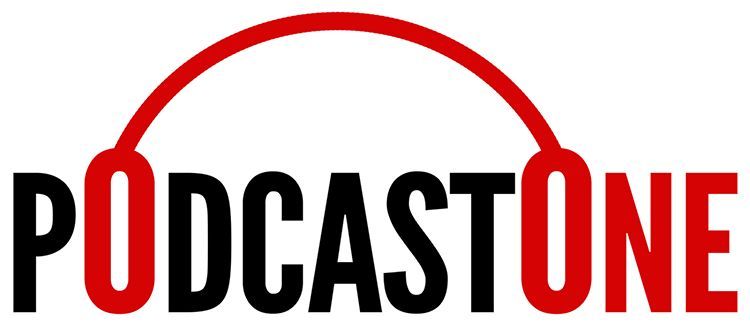
Weekly Roundup: June 21-25, 2021

The Battle for the Public Service Is Just Beginning. We are in the midst of a critical debate over the future of the federal workforce—and with it, about the future role of the federal government. It is raising questions more fundamental than at any time since the passage of the Pendleton Act, which established the civil service system in 1883. The questions speak to the role of administrators in our constitutional system of governance and, indeed, the Constitution itself. All sides are missing the most important issue: how to equip the federal government to deliver services to the public, in the best way possible.
The U.S. And Europe Are Embarking On Dramatically Different Paths To Better Regulation. Modernizing and improving regulation is a policy priority on both sides of the Atlantic, but recent directives from Europe and the United States suggest they are embarking on strikingly different paths.
Biden Is Moving ‘Full Speed’ on Management Priorities Despite Key Vacancies. The White House lacks a number of key top management officials who have only just been confirmed by the Senate this week or have not been nominated by the president. Of the 795 positions that require Senate confirmation that The Washington Post and nonprofit Partnership for Public Service are tracking, 70 have been confirmed, 149 are being considered by the Senate, 21 are awaiting formal nomination and 316 have no nominee, as of June 23. There are also 240 appointees who are either serving in termed positions or are holdovers from the previous administration.
House panel trims Biden's TMF ambitions. A funding bill passed out of committee on Thursday pegs $50 million for the Technology Modernization Fund -- far less than the $500 million sought by the Biden administration.
Biden HR strategy features new agency 'talent teams' New talent teams aimed at bettering hiring strategies are part of the Biden administration's multi-year strategy for the federal workforce, said OMB official on Tuesday.
Bad leaders never know the ideas they've missed. Managers can dismay and demotivate employees by not listening to their ideas and forcing everyone to work and think the same way, as Wally Bock illustrates with a longtime factory worker named Vic. "If you stifle creativity at work, you never have to worry about implementing a good idea," Bock writes. Three Star Leadership
Why Peter Drucker's ideas still matter. The late Peter Drucker considered good management to be part of creating a society that is fair and free, writes Simon Caulkin of the Drucker Forum. And while there is reason for optimism, recent decades have "been fundamentally hostile to Drucker's idea of management as a central organ of free society, privileging instead the 'business of business of business is business' model, based on the economists' stunted axiom of human self-interest," Caulkin argues. Global Peter Drucker Forum
Climb the "courage ladder" to overcome your fears. Leaders can overcome fears that hold them back at work by climbing the "courage ladder," taking smaller risks that teach the skills needed to take larger risks later, says Jim Detert, a professor at the University of Virginia's Darden School of Business. "Building your personal autonomy empowers you to act with courage and drive change, with less fear of suffering unacceptable economic, social or psychological consequences," he says. Darden Ideas to Action (University of Virginia)
Why leadership is not one-size-fits-all. Leadership is a series of context-specific skills for succeeding in one-on-one situations, with teams or in broader contexts, writes Susan Fowler. "Lacking awareness of the context you're leading and not having the skills to lead in it can be dangerous -- to you, those you lead and the organization," she writes. SmartBrief/Leadership
Pursue your goals, but don't let them pursue you. Great leaders challenge themselves to try new things, overcome their limiting beliefs, set high standards for themselves and have a personal mission for life, Gregg Vanourek writes. "We can have bold aspirations for a better future but still be grateful for what we have and not too attached to a future outcome that's unlikely to solve everything in our life and bring us unending joy," he writes. Gregg Vanourek
Why agility was the key to pandemic success. Companies already operating on agile principles had the easiest time switching their business models and going virtual during the pandemic, writes Steve Denning, while others struggled or shut down. The pandemic, he writes, laid bare that some executives have trouble creating strategic vision for employees, who are now rethinking their own career strategies. Forbes (tiered subscription model)
* * * *
Next Week on The Business of Government Hour: A Conversation with Prof, Mark Beasley, Director, Enterprise Risk Management Initiative at North Carolina State University. What are the drivers of enhanced risk management? How does organization culture impact the managing of risk? What is the state of risk management maturity? What can government agencies learn about how other sectors manage risk? Join host Michael Keegan as he explores these questions and more with Prof. Mark Beasley, Director, Enterprise Risk Management Initiative at North Carolina State University, and coauthor 2021 State of Risk Oversight report: An Overview of Enterprise Risk Management Practices.
Broadcast Schedule: The show airs Monday at 11 a.m., and Friday at 1 p.m. on Federal News Network 1500AM WFED





